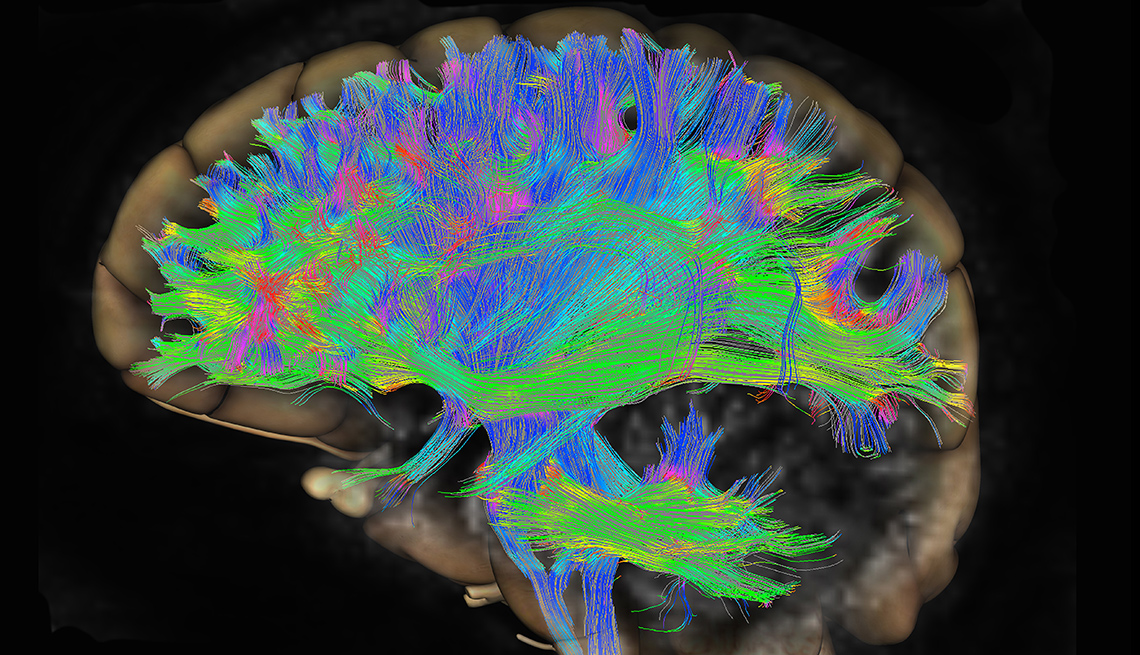Staying Fit
The brains of healthy older people — including those well into their 70s — can generate as many neurons, or nerve cells, as younger people do, according to new research published in the journal Cell Stem Cell.
Researchers from Columbia University and the New York State Psychiatric Institute autopsied a section of the brain called the hippocampus, which processes learning and memory, in 28 individuals ranging from ages 14 to 79. All the subjects had died suddenly, after previously being in good health, and none had cognitive impairment. It was the first attempt to look at newly formed neurons and blood vessels in the hippocampus soon after death, according to a Cell Press news release describing the work.


AARP Membership— $12 for your first year when you sign up for Automatic Renewal
Get instant access to members-only products and hundreds of discounts, a free second membership, and a subscription to AARP the Magazine.
"We found that older people have the similar ability to make thousands of hippocampal new neurons from progenitor cells as younger people do," lead author Maura Boldrini, M.D., an associate professor of neurobiology at Columbia University, said in the release. “We also found equivalent volumes of the hippocampus across ages.”
The brains of the oldest individuals in the study had continued to make new neurons up until death, the researchers found.
The older brains didn’t perform quite as well in other ways. They didn’t form as many blood vessels and had “maybe less ability of new neurons to make connections," Boldrini said.
Nonetheless, Boldrini said, the findings about the brain's continued ability to make neurons may mean that many older people remain more cognitively and emotionally intact as they age than commonly believed.
































































